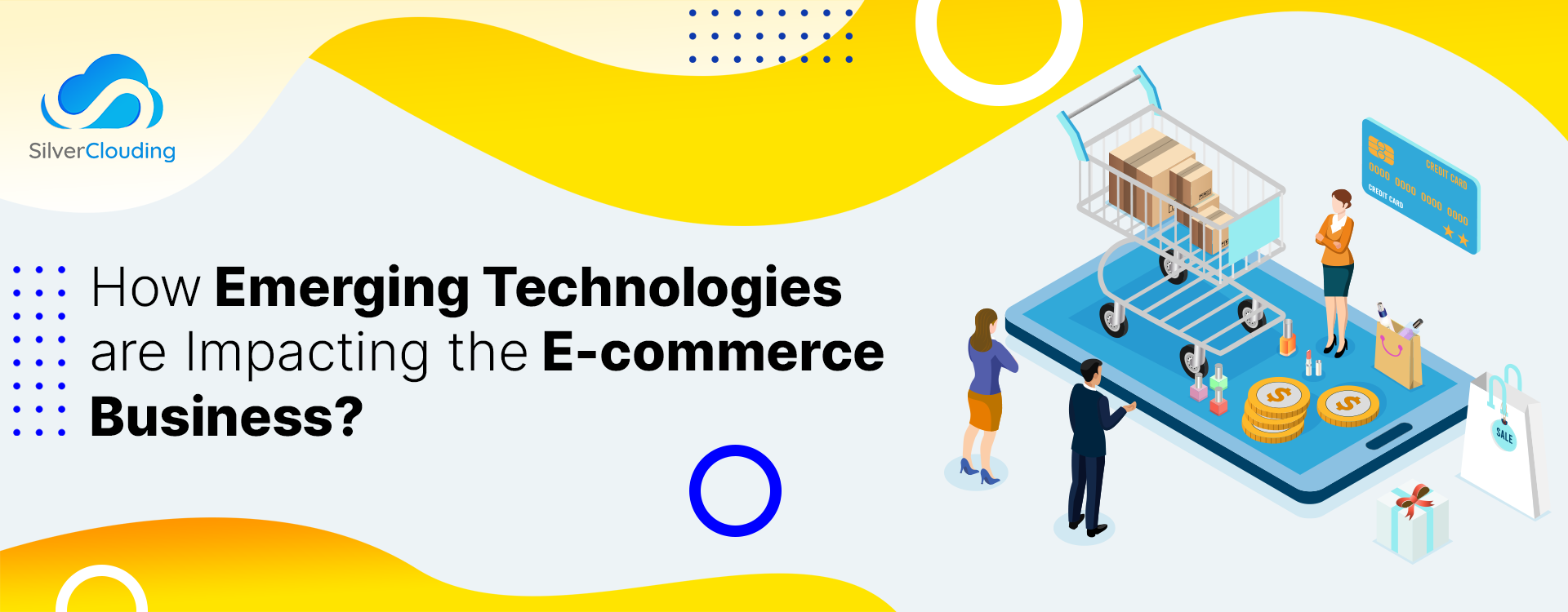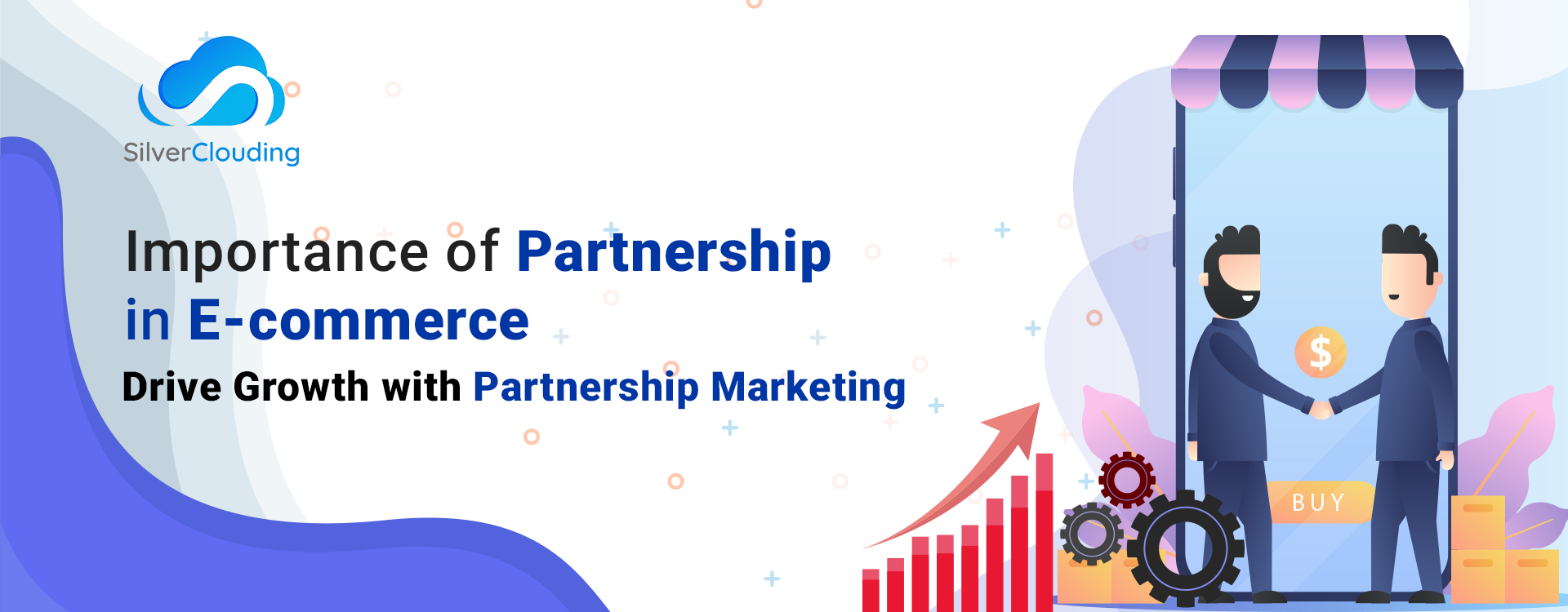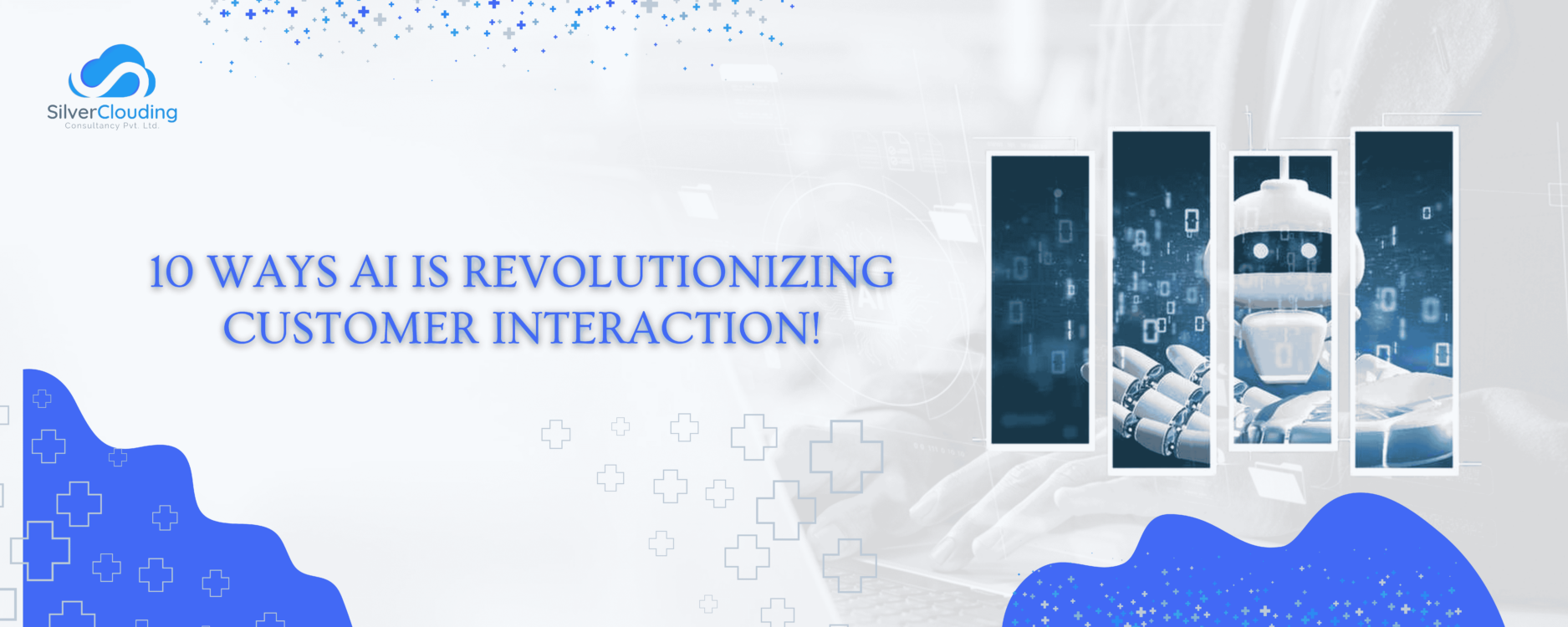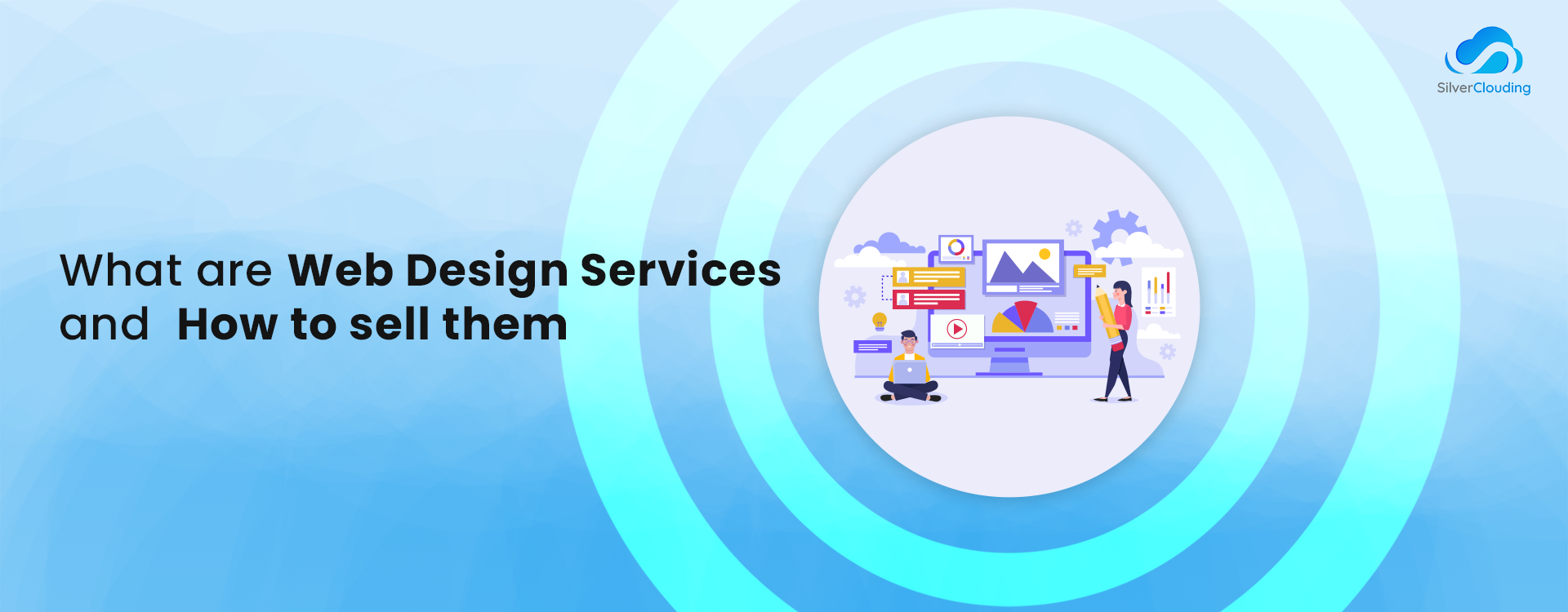The eCommerce industry is constantly evolving, and emerging technologies are playing a significant role in shaping its future. In recent years, the e-commerce industry is heading towards a brighter future with online shopping quickly becoming the preferred mode of purchase for many consumers.
By adopting emerging technologies, eCommerce businesses can drive growth and stay ahead of the competition. In this blog, we will explore the impact of some of the most promising emerging technologies on the ecommerce industry.
To thrive in the eCommerce industry, it’s important to embrace change and keep up with the latest technological trends.
Here’s how these technologies will transform the industry:
Artificial Intelligence
Artificial Intelligence (AI) is one of the most impactful emerging technologies in recent years, and it is playing a significant role in shaping the future of technology. AI is transforming the way we interact with machines, automating processes, and making businesses more efficient.
AI-powered Machine Learning (ML) technology can forecast sales patterns, automate activities, improve advertising, manage inventories, and more. As AI becomes more important for Ecommerce success, it can give firms a competitive edge.
AI can help Ecommerce companies improve operations, customer service, and competitiveness in the fast-paced online industry.
Blockchain Technology
Blockchain technology is being used in ecommerce to increase transparency and security. It can be used to track the entire supply chain, from production to delivery, ensuring that all parties involved are held accountable.
Blockchain technology can also be used to create decentralized marketplaces, where buyers and sellers can transact without the need for a middleman.
Providing seamless and multiple payment options
Online transactions can dissuade customers in ecommerce, but the trend is toward full digitization. Customers anticipate innovative payment methods that simplify checkout. Ecommerce companies must offer mobile payments alongside cash on delivery, credit cards, and debit cards.
“Buy now pay later” has grown in popularity during the COVID-19 pandemic, allowing buyers to buy more. This payment technique boosts Ecommerce sales. This payment method’s providers collect payments, so businesses don’t have to.
More payment options can speed up checkout and boost sales, but security must be maintained.
Investing in AR and VR technology
AR (Augmented Reality) and VR (Virtual Reality) are two related but distinct technologies transforming how we interact with digital content and the world around us.
AR and VR technology are fast emerging to bridge this gap and help buyers select products by simulating the natural process. Many ecommerce platforms are already testing AR and VR technology.
AR (Augmented Reality) and VR (Virtual Reality) are revolutionizing the way ecommerce businesses interact with their customers by enhancing the online shopping experience, providing new ways for customers to interact with products, and boosting sales.
Internet of Things (IoT)
IoT devices are becoming more prevalent in ecommerce, with smart devices being used to streamline the buying process. For example, smart refrigerators can automatically reorder groceries when they run low, and smart homes can order products when they are needed. This technology is making the shopping experience more convenient for customers and helping ecommerce businesses to reduce their costs.
Voice and visual search
Supporting voice, visual, and vernacular languages improves your website’s discoverability and audience. Businesses can profit from incorporating more photos for visual tracking and voice assistant content as digital technology becomes more widespread.
Doing so can enhance user experience and help clients who prefer these search methods find you. Even though these alternatives are still being evaluated, adding them to your website might set you apart from competitors and improve customer service.
As these technologies continue to evolve, we can expect to see even more innovative applications emerge that will further enhance the ecommerce experience. But there are many challenges that should be taken into mind before employing the latest technologies in your ecommerce business.
Challenges e-commerce businesses can face while implementing emerging technologies in 2023
E-commerce companies deploying new technology in 2023 may confront various hurdles. Some major ones:
• Integration complexity: New technologies demand complex integrations with existing systems and processes, making it difficult for e-commerce enterprises to integrate them.
• Restricted expertise: New technologies like blockchain, AI, and VR demand particular skills and understanding. These technologies require expensive and hard-to-find skills.
• High costs: Emerging technologies are expensive, especially for small and medium-sized e-commerce enterprises with restricted finances. The cost of buying, installing, and educating workers on new technologies can prevent adoption.
• Security issues: New technologies pose new security dangers. Blockchain technology is vulnerable to hacks and other flaws that can undermine e-commerce platforms.
• Regulatory issues: Data privacy and security regulations can affect emerging technology. E-commerce companies must follow restrictions while adopting new technologies.
E-commerce enterprises must carefully weigh the pros and cons of embracing developing technology and create a plan to mitigate the cons while maximizing the pros.
Future of Ecommerce with Technologies
In 2023, new technologies will boost e-commerce. E-commerce enterprises may benefit from these:
• Better customer experience: New technologies like virtual and augmented reality can make online purchasing more engaging.
• Improved efficiency: Automation and AI can assist e-commerce organizations automate inventory management, order processing, and customer care.
• Improved security: Blockchain technology provides a tamper-proof record of all e-commerce transactions.
• Improved supply chain management: Emerging technologies like IoT and blockchain can increase supply chain visibility and transparency, allowing e-commerce enterprises to monitor products from manufacturer to end-user.
Conclusion
Therefore, the impact of emerging technology on ecommerce businesses cannot be overstated. AI, AR, VR, IoT, and voice search are just a few examples of how technology is transforming the ecommerce industry. The shift from desktops to mobile devices is just the beginning, and there are many more innovations that will impact the industry in the future.
Ecommerce businesses that are quick to adopt these technologies are likely to see significant benefits, including increased customer satisfaction, reduced costs, and improved efficiency.
We at SilverClouding, stay up-to-date with the latest technologies to ensure that our clients stay ahead of the curve. Contact us today to learn more about how we can help your ecommerce business thrive in the digital age.




